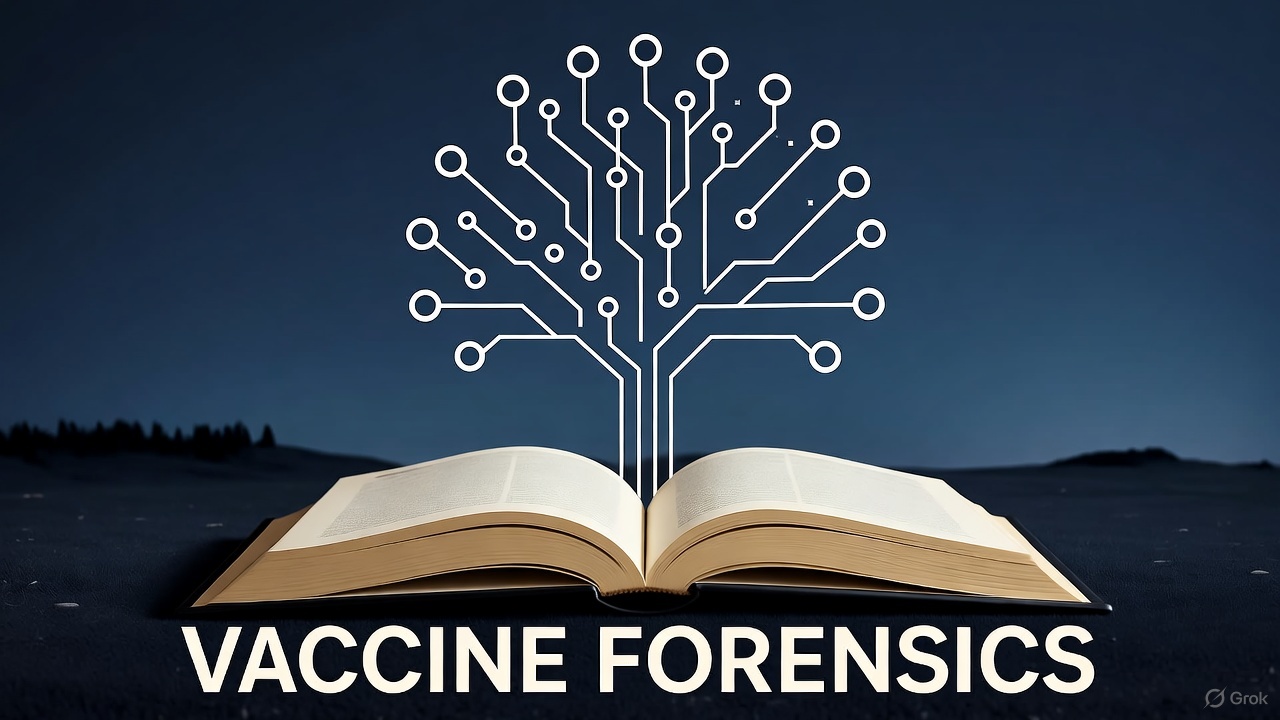 Parler
Parler Gab
Gab
- Feeling in control makes you far more likely to resolve daily stress.
- A new long-term study confirms that perceived control is key to managing stress.
- This sense of control is a dynamic resource that anyone can cultivate.
- The power of control actually grows stronger as we get older.
- Practical strategies like breaking down challenges can build this sense of control.
The power of perceived control
The National Study of Daily Experiences revealed a crucial insight. On days when participants felt greater control over their stressors than usual, they were significantly more likely to take concrete action to solve their problems. This could mean making that difficult phone call, starting a challenging conversation, or finally tackling a neglected household task. David Almeida, professor of human development and family studies at Penn State and senior author on the paper, stated, "This research shows that even small boosts in how much control people feel they have over everyday hassles make it more likely that those hassles actually get resolved." This research aligns with established science showing that control over a stressor significantly influences its effects. This underscores the importance of perceived control in managing stress effectively.A dynamic resource, not a fixed trait
One of the most encouraging findings is that our sense of control fluctuates daily rather than being a fixed personality trait. This means that anyone can learn to cultivate this psychological resource regardless of their natural disposition. Lead author Dakota Witzel, who was a postdoctoral scholar at the Center for Healthy Aging at Penn State during the research, explained the central question driving their work: "If perceived stressor control promotes stress resolution, can we leverage that as a modifiable resource to influence stressor resolution and therefore our emotional health and well-being?" The data provides a resounding yes. The connection between control and stress resolution strengthened with age. Early in the study, higher perceived control made participants 61% more likely to resolve daily stressors. A decade later, that same boost in perceived control increased the likelihood to 65%. "This work also begins to show that as we get older, not only do we have more control but that control helps us get better at handling stress," Witzel said.Practical strategies for reclaiming control
The beautiful simplicity of this research lies in its practical applications. Unlike pharmaceutical interventions with side effects or expensive therapies, building a sense of control costs nothing and is immediately accessible. Almeida noted, "It's encouraging news that daily control isn't fixed. It can be strengthened through practical strategies such as setting priorities or reframing what's within reach." He suggested focusing on what's within one's influence, breaking large challenges into manageable parts, and using time blocking or lists to track progress. These strategies create momentum through small wins. Asking for help or delegating tasks can also foster an environment where one feels supported and therefore more in control. Ending the day with a brief reflection can better prepare the mind for tomorrow's challenges. This research exposes the fraud of learned helplessness pushed by conventional institutions that want you dependent on their solutions. The truth is that your mind possesses natural healing capabilities that grow stronger with use and age. By taking responsibility for your perceived control over daily events, you are engaging in the most fundamental form of natural medicine. The study authors plan to continue exploring how perceived control interacts with chronic stress. As we navigate a world increasingly designed to create dependency and learned helplessness, this research serves as a powerful reminder that true health sovereignty begins in the mind. Your ability to handle life's challenges isn't fixed; it's a muscle you can strengthen every day through simple, conscious choices that reclaim your personal power and autonomy. Sources for this article include: ScienceDaily.com PSU.edu SciTechDaily.comCommon antidepressants disrupt heart function and cause significant weight gain
By Lance D Johnson // Share
Protecting your vision: The science-backed strategies to prevent macular degeneration
By Willow Tohi // Share
The great unplug: Reclaiming our minds from the digital onslaught
By Ava Grace // Share
Grapeseed oil: A nutritional powerhouse or overrated cooking oil?
By Laura Harris // Share
Governments continue to obscure COVID-19 vaccine data amid rising concerns over excess deaths
By patricklewis // Share
Tech giant Microsoft backs EXTINCTION with its support of carbon capture programs
By ramontomeydw // Share
Germany to resume arms exports to Israel despite repeated ceasefire violations
By isabelle // Share










